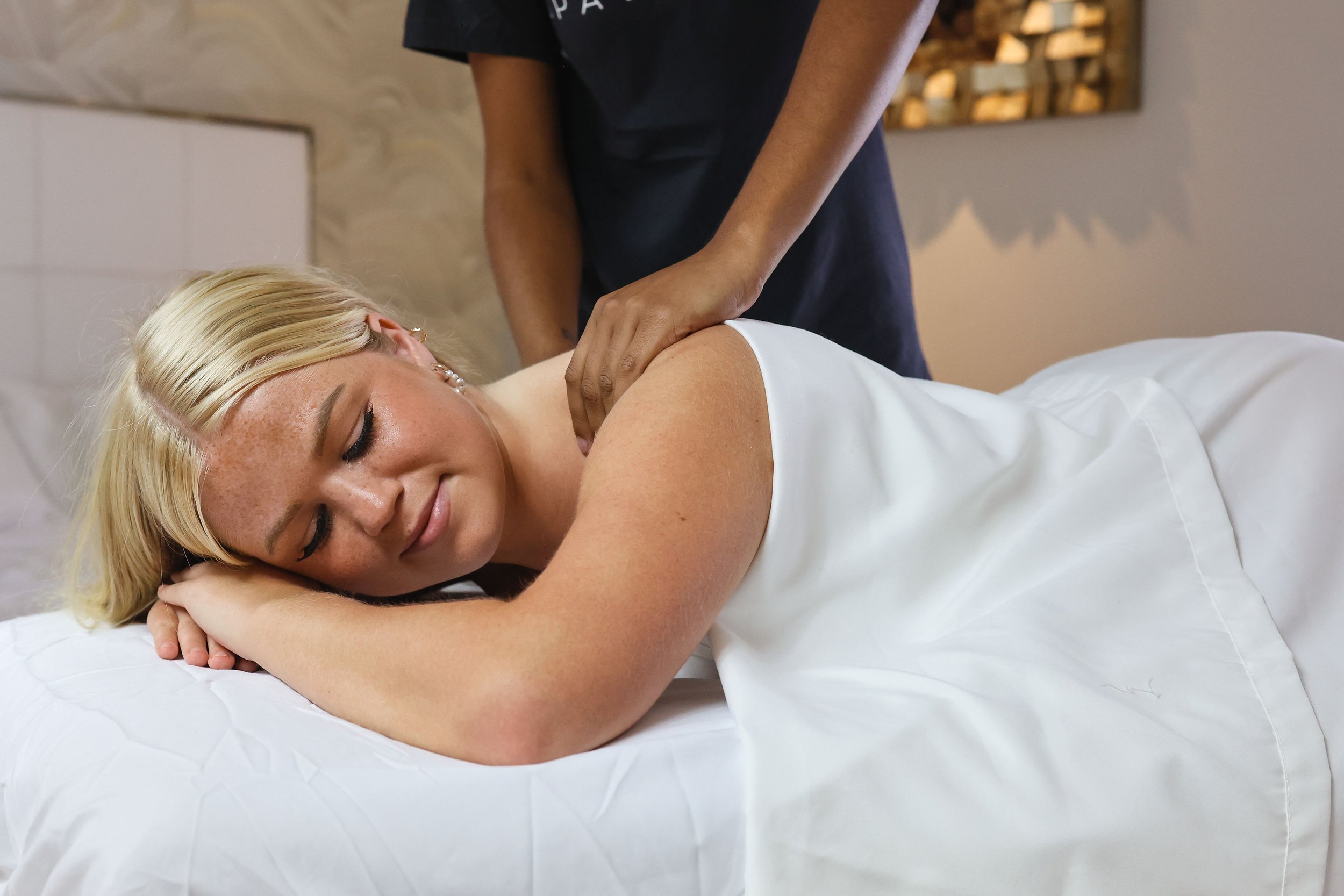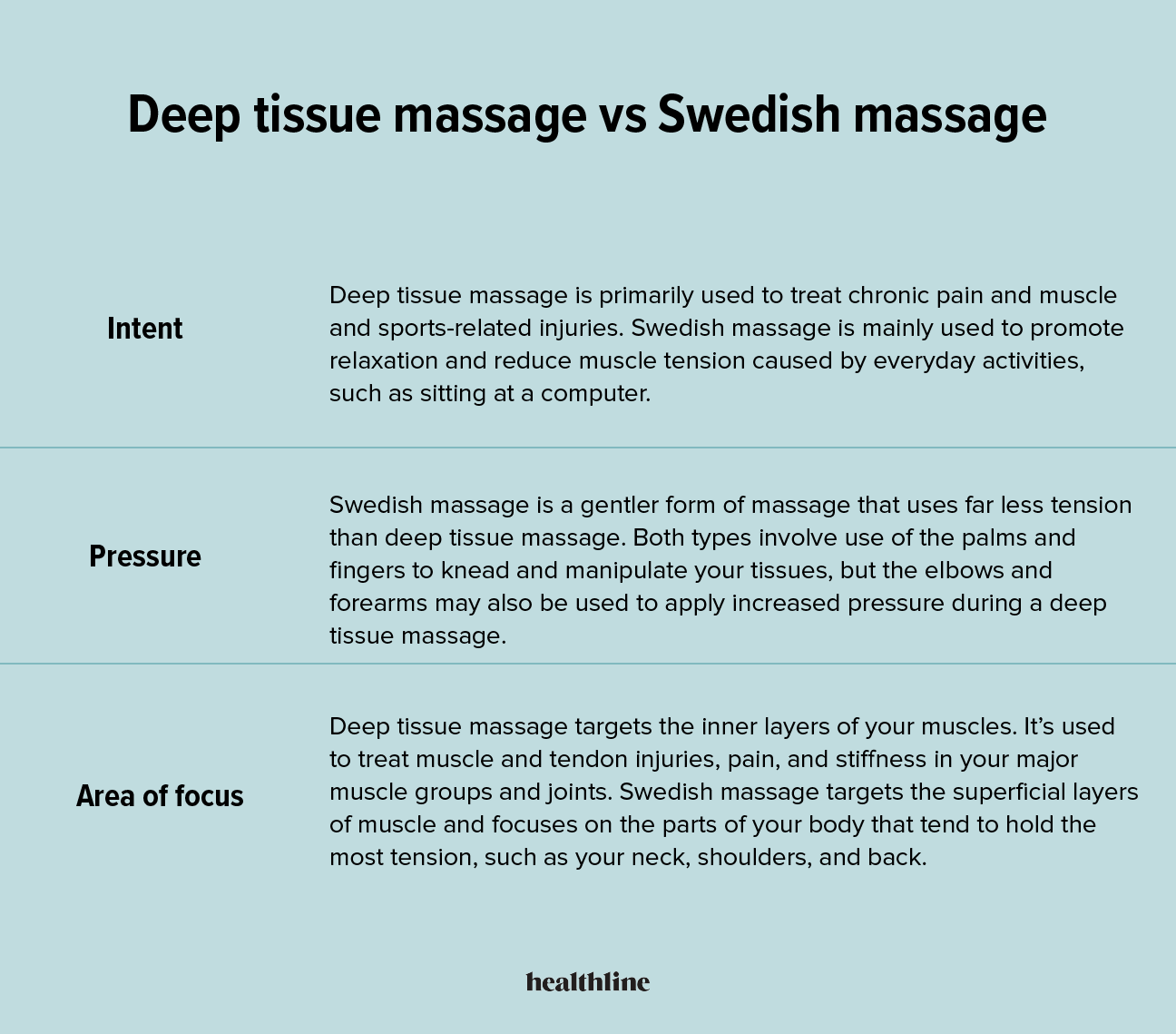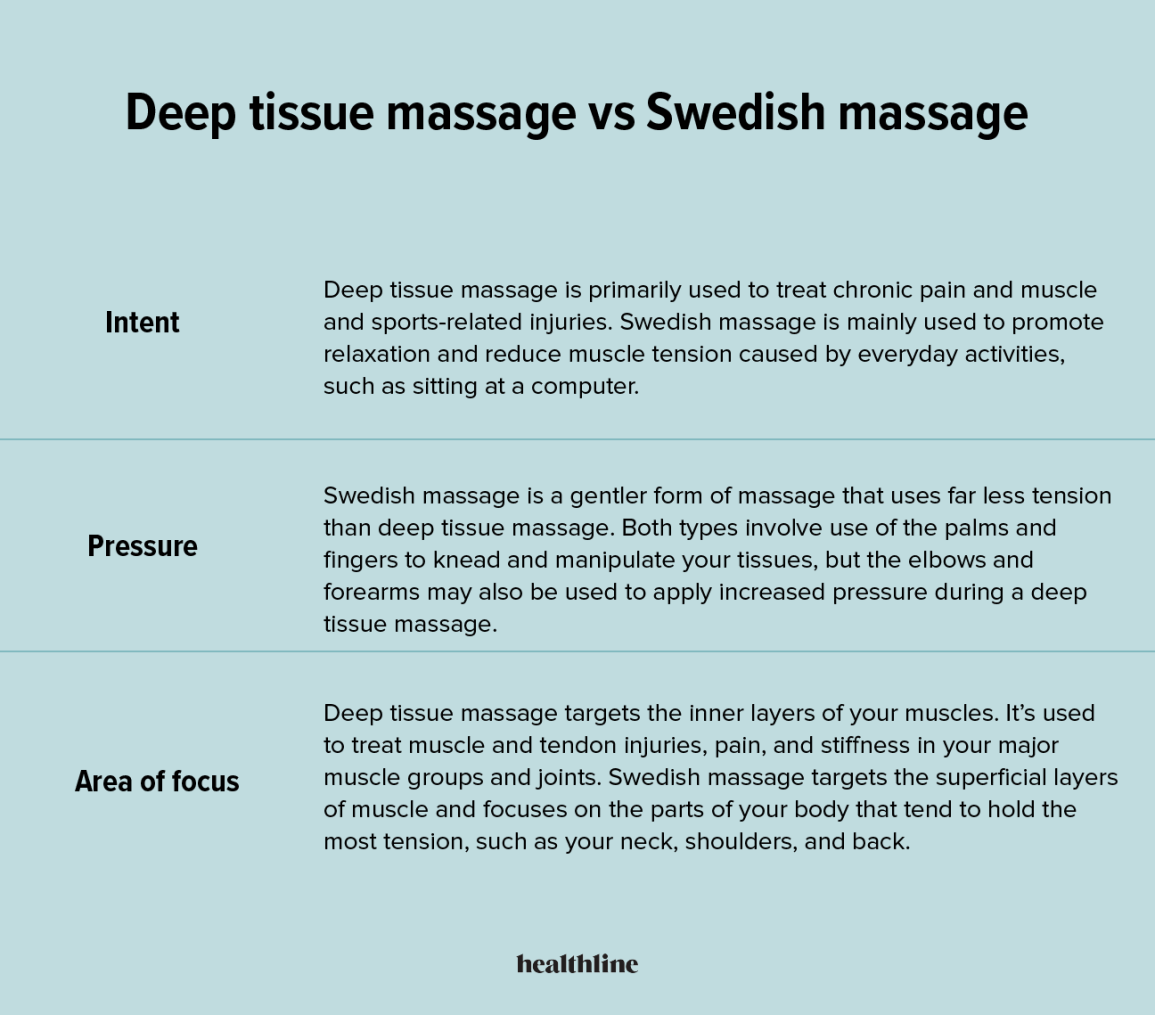Getting a massage increases blood flow and reduces muscle tension, leading to relaxation and pain relief. When you receive a massage, your body experiences improved circulation, reduced stress levels, and enhanced flexibility.
It also helps to release endorphins, the body’s natural painkillers, and promote better sleep. Additionally, a massage can aid in the removal of toxins from the body and improve overall mood and mental clarity. The physical manipulation of the muscles and tissues aids in reducing inflammation and stimulating the lymphatic system.
Moreover, regular massages can contribute to a stronger immune system and improved skin tone. Overall, getting a massage has a multitude of benefits for both the body and mind, making it a valuable part of a healthy lifestyle.
Immediate Physical Effects
When you receive a massage, your body experiences immediate physical effects that contribute to your overall well-being and relaxation. These effects, including muscle relaxation and improved blood circulation, play a crucial role in revitalizing your body and mind.
Muscle Relaxation
A massage helps to loosen tight muscles and relieves tension, promoting a deep sense of relaxation. The skilled techniques employed by the massage therapist target specific areas, releasing built-up stress and easing muscle strain.
Improved Blood Circulation
Massage therapy stimulates better blood flow throughout the body, enhancing oxygen and nutrient delivery to tissues and organs. This can lead to a boost in overall physical well-being and contribute to the body’s natural healing processes.

Credit: utahtherapeuticmassage.com
Release Of Endorphins
When you receive a massage, your body undergoes a variety of positive physiological responses, one of which includes the release of endorphins. These natural feel-good chemicals play a crucial role in the overall experience and benefits of a massage.
Natural Pain Relief
Endorphins act as natural painkillers, helping to alleviate discomfort and promote natural pain relief. The release of endorphins during a massage can reduce feelings of soreness, stiffness, and tension, offering relief from various physical ailments.
Mood Enhancement
The release of endorphins is also associated with mood enhancement. These chemicals are known to promote feelings of well-being and happiness, providing a natural lift in mood and an overall sense of relaxation and contentment.
Reduction In Stress And Anxiety
Getting a massage is not only a luxurious indulgence but also has numerous health benefits. One of the major benefits of a massage is the reduction in stress and anxiety. Let’s take a closer look at how a massage affects your body, leading to a decrease in stress and anxiety levels.
Lowered Cortisol Levels
The body’s response to stress is to produce cortisol, also known as the “stress hormone.” Excessive cortisol production can lead to various negative effects on the body, including anxiety, weight gain, and sleep disturbances. However, a massage can help combat this by reducing cortisol levels.
- Massage stimulates the relaxation response in the body, helping to lower cortisol levels and promote a sense of calmness.
- The gentle pressure applied during a massage activates the body’s parasympathetic nervous system, which counteracts the effects of stress.
- The decrease in cortisol not only brings immediate relief but also helps regulate the body’s stress response in the long term.
Increased Serotonin And Dopamine
Serotonin and dopamine are neurotransmitters in the brain that play a crucial role in regulating mood and emotions. Massage therapy has been found to increase the production and release of these “feel-good” hormones, leading to a reduction in anxiety and a boost in overall well-being.
- Massage stimulates the release of serotonin, which helps improve mood and promotes a sense of relaxation.
- Increased dopamine levels during a massage contribute to feelings of pleasure and contentment.
- By promoting the production of these neurotransmitters, a massage can significantly reduce anxiety levels.
Overall, a massage offers much more than just a relaxation experience. It actively works on reducing stress and anxiety levels by lowering cortisol and increasing serotonin and dopamine levels in the body. So the next time you treat yourself to a massage, remember that you’re not only pampering yourself but also investing in your mental well-being.
Improved Sleep Quality
Massage therapy can significantly enhance the quality of your sleep. Let’s explore how massage impacts your sleep patterns:
Induction Of Deep Sleep
Massage promotes the induction of deep sleep stages, leading to restorative rest. This helps in resetting your body’s natural sleep-wake cycle.
Treatment Of Insomnia
Regular massages can treat insomnia by calming the nervous system, reducing stress and anxiety levels. Improved sleep is a beneficial side effect of this relaxation.
Enhanced Flexibility And Range Of Motion
Getting a massage can greatly improve your flexibility and range of motion, making it easier for you to move more freely and comfortably. Here’s how a massage session can help enhance your body’s flexibility:
Loosened Muscles And Joints
Massages help loosen tight and tense muscles, allowing for greater flexibility movement.
Increased Joint Lubrication
Massages can stimulate the production of synovial fluid, which lubricates your joints for smoother motion.

Credit: www.spatheory.com

Credit: www.healthline.com
Frequently Asked Questions On What Happens To Your Body When You Get A Massage
What Happens To Your Body After A Full Body Massage?
A full body massage can have several benefits. It improves blood circulation, reduces muscle tension, relieves stress, and promotes relaxation. It also helps in the removal of toxins from the body and can enhance flexibility and range of motion.
What Does Getting A Massage Do To Your Body?
Massage increases blood flow, reduces muscle tension, and promotes relaxation. It can alleviate pain, improve flexibility, and boost overall well-being.
What Happens To The Body During A Deep Tissue Massage?
During a deep tissue massage, intense pressure is applied to release tension in the deeper layers of muscles and connective tissues. This can help improve blood flow, reduce inflammation, alleviate pain, and promote relaxation. The body may experience temporary discomfort, but the long-term benefits can be significant.
What Happens To Your Body After A Hard Massage?
During a hard massage, your body experiences various benefits such as increased circulation, reduced muscle tension, and improved flexibility. It also releases endorphins, which help you relax and decrease pain. Overall, a hard massage can leave you feeling rejuvenated and with a sense of well-being.
Conclusion
Getting a massage can bring about numerous positive changes in the body. It can alleviate muscle tension, promote relaxation, improve circulation, boost the immune system, and even reduce anxiety and stress. So, next time you book a massage, remember that it’s not just a luxurious indulgence.
It’s a therapeutic experience that can truly benefit your overall health and well-being.



